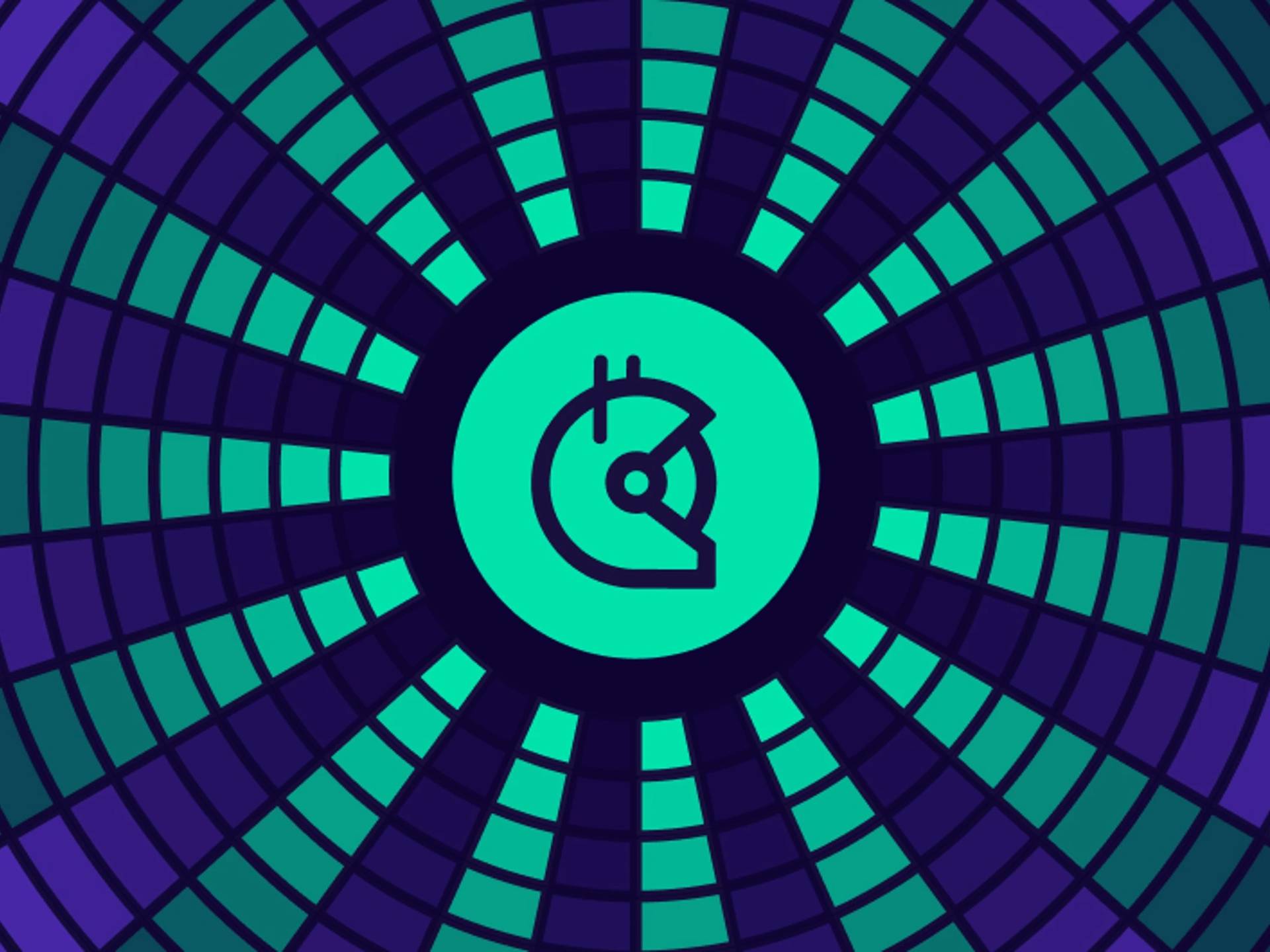Subscribe to wiki
Share wiki
Bookmark
Gitcoin
The Agent Tokenization Platform (ATP):Build autonomous agents with the Agent Development Kit (ADK)
0%
Gitcoin
Gitcoin (GTC) is a platform for you to get paid for working on open-source software in Python, Rust, Ruby, JavaScript, Solidity, HTML, CSS, Design, and more.[1]
Brief History
Gitcoin began in 2017 as a passion project for Kevin Owocki with the goal of empowering developers to earn while building open-source, digital public goods projects. By that fall, Gitcoin gained the support of Joe Lubin and was brought into the ConsenSys family, where Kevin and the team experimented with novel funding models.
Over three years later, Gitcoin is the place where builders and protocols come together to develop and fund the open web. Gitcoin Grants are the largest implementation of Quadratic Funding, a radically democratic approach to allocating resources for public goods.
Overview
Gitcoin is a platform to fund builders looking for meaningful, open-source work, Gitcoin is the community of builders, creators, and protocols at the center of open web ecosystems. GTC mission to build an internet that is open source, collaborative, and economically empowering.
A platform to fund builders looking for meaningful, open-source work. Since its launch in November 2017, Gitcoin Grants has now provided nearly $16M of funding to public goods. This is in tandem with $3.54M in bounties that have been paid to open-source developers from all around the world.
The DAO to govern Gitcoin
The DAO is the vessel for Gitcoin’s mission. It consists of community members coordinating to fund public goods and introducing the Gitcoin token (GTC) to make decisions about where to allocate resources. GTC is a fork of the COMP/UNI governance systems, built with a delegation prompt built into the retroactive claim process.
GTC is a governance token for credibly neutral developer talent and public goods funding, and the means to progressively decentralized the Gitcoin platform through the GitcoinDAO. From inception, Gitcoin’s DAO oversees a community treasury of GTC tokens, along with offering a governance framework for delegates (called Gitcoin Stewards) to participate in key ecosystem decisions such as fund allocation, matching pools, and grant collusion[2].
The Path To Gitcoin Grants
Gitcoin launched on the Ethereum blockchain a year ago as a bounty platform, making it easy to get paid for completing Github issues. Gitcoin Grants is the first platform built on Ethereum’s blockchain which allows for recurring, on-chain payments to be made. The primary three use cases are;
- Paying developers to play a maintainer role on your repositories, after you’ve done a few bounties with them
- Providing open-source projects (and their maintainers) an avenue for crowdfunding their project
- A public ‘grant application’, where you can crowdfund an initial portion of your grant… as a showcase for grants programs
Grants utilize the EIP-1337 standard for subscriptions on Ethereum. The standard makes use of meta-transactions, which allow for a transaction to be made on behalf of a paying subscriber on a recurring basis. This makes it easy to support projects in open source on a recurring basis, only confirming one initial subscription transaction. Gitcoin is supported by ConsenSys, the largest blockchain venture studio in the world.
Teams
The founder of Gitcoin, Kevin Owocki, has experience as an organizer of Boulder Startup Week, Ignite Boulder, StartupCTO.io, Boulder Blockchain Meetup, and the open-source projects by trader, adblock-to-bitcoin, YouveGotETH, and ColoradoCoin.
The stronger the community is, the more successful open source projects will be. The stronger open source projects are, the stronger the community is. The founding team had built their careers off of advice, mentorship, and relationships in the local tech community.
See something wrong?
The Agent Tokenization Platform (ATP):Build autonomous agents with the Agent Development Kit (ADK)
